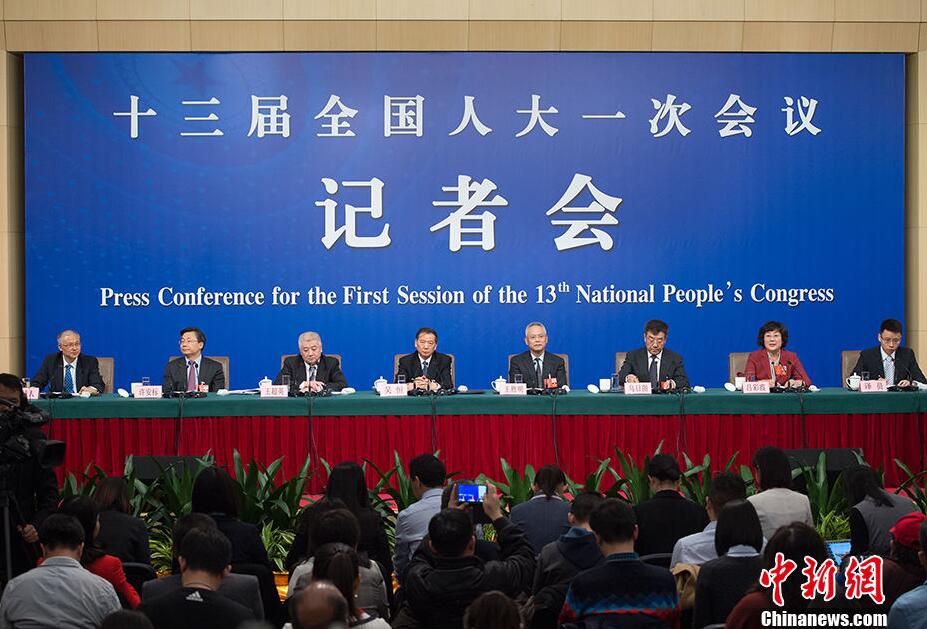
The five functional modules of the operating system are processor management, memory management, device management, file management and operation management. Processor management The most basic function of processor management is to process interrupt events. After configuring the operating system, various events can be processed.
The functions of the computer operating system include: processor management, memory management, device management, file management, job management and other functional modules. Processor management. The most basic function of processor management is to handle interrupt events. The processor can only detect interrupt events and generate interrupts and cannot process them.
Storage management is divided into several functions: storage allocation, storage sharing, storage protection, and storage expansion.Equipment management has the following functions: equipment allocation, equipment transmission control, and equipment independence. File management: file storage space management, directory management, file operation management, file protection.
The operating system should usually include the following five functional modules: (1) Processor management. When multiple programs are running at the same time, solve the problem of processor (cpu) time allocation. ( 2) Operation management. The program to complete an independent task and its required data constitute a task.
The function of the operating system is mainly reflected in the management of computer resources - microprocessors, memory, external devices, files and tasks. The operating system sets this management function into the corresponding program management module, and each management module is responsible for a certain function.That is, the five functions of the operating system.
The operating system has five functions: processor management: mainly controls and manages the work of the CPU. Storage management: mainly carry out memory allocation and management device management: mainly manage basic input and output device file management: responsible for the organization, storage, operation and protection of computer files, etc.

There are the following types of management systems: the management system of the finished product set. This kind of system is a stereotyped management system, which makes a small number of functional adjustments to the software through the parameter settings of the software.
Transaction Processing System (TPS): Operators and supervisors are used to input transactions, events, sort, list, merge updates, output detailed reports, lists and summaries, etc. Management Information System (MIS): Middle managers are used to input general transaction data and simple models to process routine reports.
Adgecal management system Academic management system is one of the most core management systems of the school, which is responsible for arranging and managing the school's teaching activities. It includes curriculum setting, teaching plan, teacher arrangement, examination management and other contents.
VMware vSphere: It is a virtualization management platform that can be used to manage virtual machines, storage and networks, etc. Nagios: It is an open source network monitoring system that can be used to monitor network devices, servers and applications, etc.
Financial subsystem: providing the function of financial management information; Decision support subsystem: make the logistics information system reach a higher level.
ERP management system brand Youyou, Jindie International Software, Wave Software, Dingjie Software, Zhenghang Software. Use friends.
1. System management refers to the information technology system that manages enterprises, and file management is one of the five major functions of the operating system.First, network management refers to the centralized management of resources on the network by network administrators through network management programs.
2. System Management regards organizational components as interrelated and interdependent systems, so it advocates applying the system concept to the management concept.
3. System management refers to the process of maintaining, managing and monitoring computer systems. As an important part of enterprise informatization construction, the importance of computer system management cannot be ignored.
Binance US-APP, download it now, new users will receive a novice gift pack.
The five functional modules of the operating system are processor management, memory management, device management, file management and operation management. Processor management The most basic function of processor management is to process interrupt events. After configuring the operating system, various events can be processed.
The functions of the computer operating system include: processor management, memory management, device management, file management, job management and other functional modules. Processor management. The most basic function of processor management is to handle interrupt events. The processor can only detect interrupt events and generate interrupts and cannot process them.
Storage management is divided into several functions: storage allocation, storage sharing, storage protection, and storage expansion.Equipment management has the following functions: equipment allocation, equipment transmission control, and equipment independence. File management: file storage space management, directory management, file operation management, file protection.
The operating system should usually include the following five functional modules: (1) Processor management. When multiple programs are running at the same time, solve the problem of processor (cpu) time allocation. ( 2) Operation management. The program to complete an independent task and its required data constitute a task.
The function of the operating system is mainly reflected in the management of computer resources - microprocessors, memory, external devices, files and tasks. The operating system sets this management function into the corresponding program management module, and each management module is responsible for a certain function.That is, the five functions of the operating system.
The operating system has five functions: processor management: mainly controls and manages the work of the CPU. Storage management: mainly carry out memory allocation and management device management: mainly manage basic input and output device file management: responsible for the organization, storage, operation and protection of computer files, etc.

There are the following types of management systems: the management system of the finished product set. This kind of system is a stereotyped management system, which makes a small number of functional adjustments to the software through the parameter settings of the software.
Transaction Processing System (TPS): Operators and supervisors are used to input transactions, events, sort, list, merge updates, output detailed reports, lists and summaries, etc. Management Information System (MIS): Middle managers are used to input general transaction data and simple models to process routine reports.
Adgecal management system Academic management system is one of the most core management systems of the school, which is responsible for arranging and managing the school's teaching activities. It includes curriculum setting, teaching plan, teacher arrangement, examination management and other contents.
VMware vSphere: It is a virtualization management platform that can be used to manage virtual machines, storage and networks, etc. Nagios: It is an open source network monitoring system that can be used to monitor network devices, servers and applications, etc.
Financial subsystem: providing the function of financial management information; Decision support subsystem: make the logistics information system reach a higher level.
ERP management system brand Youyou, Jindie International Software, Wave Software, Dingjie Software, Zhenghang Software. Use friends.
1. System management refers to the information technology system that manages enterprises, and file management is one of the five major functions of the operating system.First, network management refers to the centralized management of resources on the network by network administrators through network management programs.
2. System Management regards organizational components as interrelated and interdependent systems, so it advocates applying the system concept to the management concept.
3. System management refers to the process of maintaining, managing and monitoring computer systems. As an important part of enterprise informatization construction, the importance of computer system management cannot be ignored.
 Binance app
Binance app
737.56MB
Check OKX Wallet Sign up
OKX Wallet Sign up
895.26MB
Check Binance wikipedia
Binance wikipedia
948.57MB
Check Binance app
Binance app
115.22MB
Check OKX Wallet login
OKX Wallet login
952.83MB
Check Binance download
Binance download
819.44MB
Check OKX Wallet
OKX Wallet
983.61MB
Check Binance app
Binance app
564.45MB
Check OKX review
OKX review
781.28MB
Check OKX Wallet to exchange
OKX Wallet to exchange
253.35MB
Check OKX Wallet APK
OKX Wallet APK
148.22MB
Check OKX app
OKX app
849.67MB
Check OKX Wallet login
OKX Wallet login
339.94MB
Check Binance login
Binance login
144.96MB
Check Binance wikipedia
Binance wikipedia
873.24MB
Check Binance wikipedia
Binance wikipedia
376.87MB
Check Binance app
Binance app
694.82MB
Check OKX app
OKX app
918.97MB
Check OKX Wallet extension
OKX Wallet extension
819.77MB
Check okx.com login
okx.com login
926.23MB
Check Binance US
Binance US
626.99MB
Check Binance APK
Binance APK
744.24MB
Check Binance Download for PC
Binance Download for PC
444.23MB
Check OKX Wallet download
OKX Wallet download
942.19MB
Check OKX Wallet extension
OKX Wallet extension
179.89MB
Check OKX Wallet login
OKX Wallet login
298.31MB
Check Binance app
Binance app
616.98MB
Check Binance US
Binance US
529.99MB
Check Okx app download
Okx app download
799.32MB
Check Binance Download for PC Windows 10
Binance Download for PC Windows 10
649.61MB
Check Binance APK
Binance APK
949.16MB
Check okx.com login
okx.com login
476.92MB
Check Binance APK
Binance APK
393.86MB
Check OKX app
OKX app
332.37MB
Check OKX Wallet apk download
OKX Wallet apk download
792.64MB
Check OKX Wallet apk download
OKX Wallet apk download
362.18MB
Check
Scan to install
Binance US to discover more
Netizen comments More
2377 迎门请盗网
2025-01-10 14:20 recommend
1072 桀骜难驯网
2025-01-10 13:43 recommend
2445 必也正名网
2025-01-10 13:31 recommend
676 惩忿窒欲网
2025-01-10 13:15 recommend
115 聊以塞责网
2025-01-10 12:51 recommend